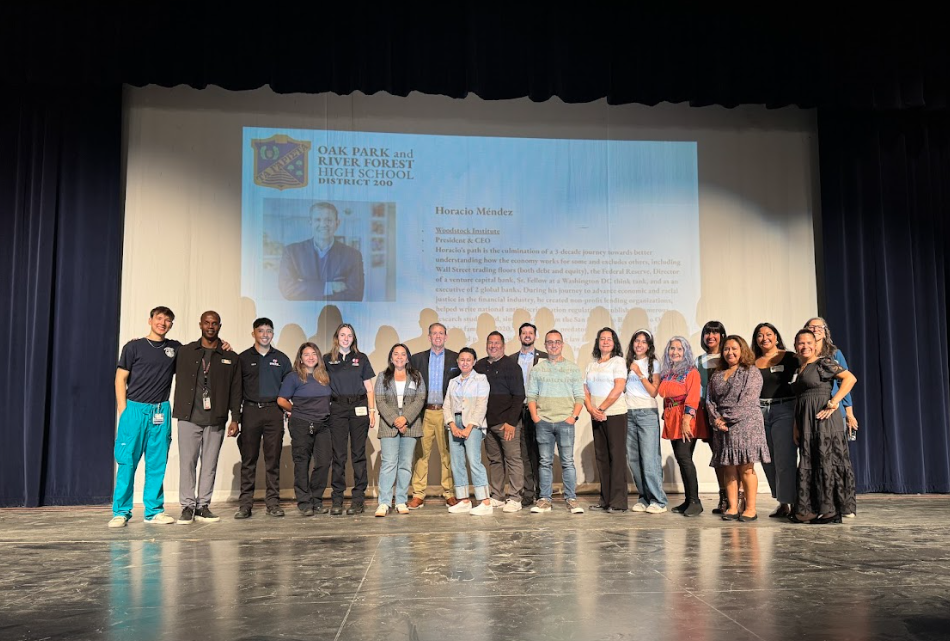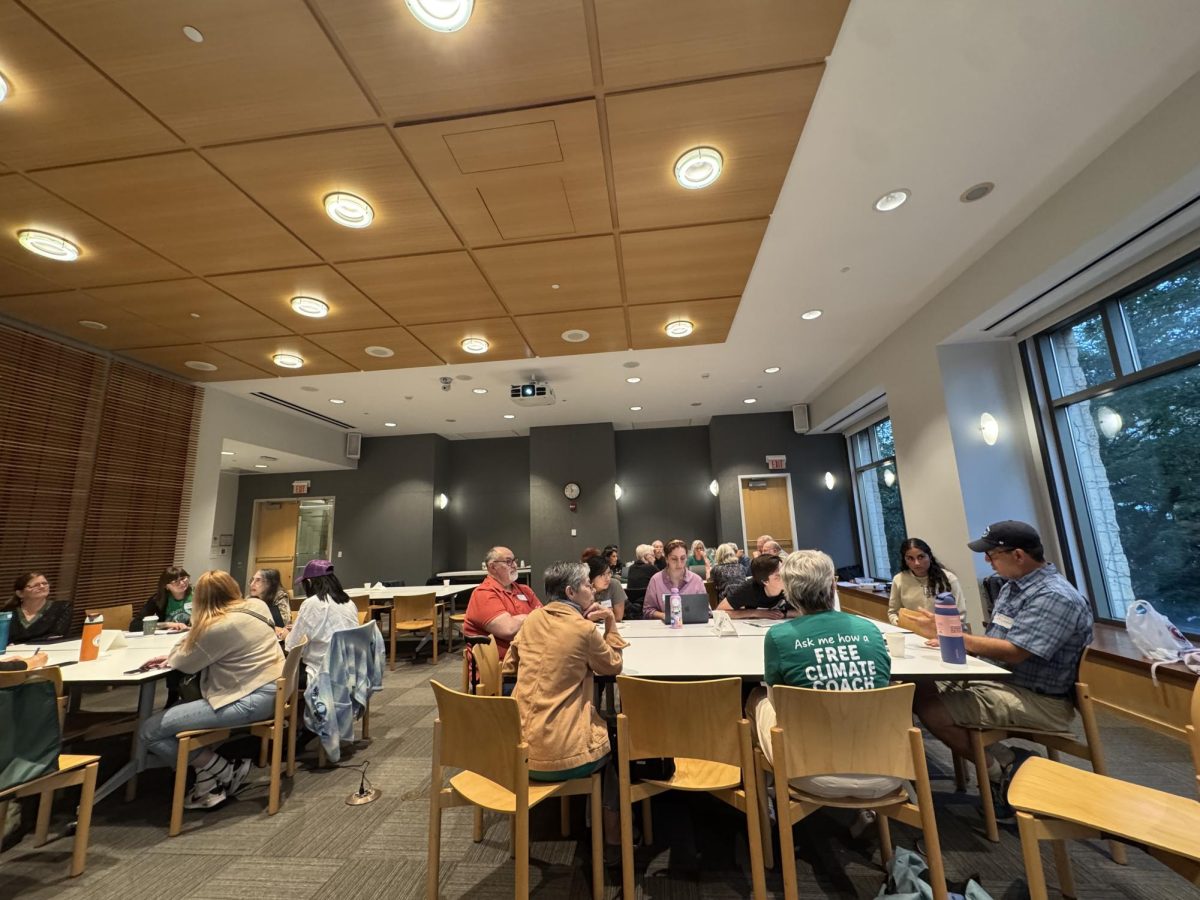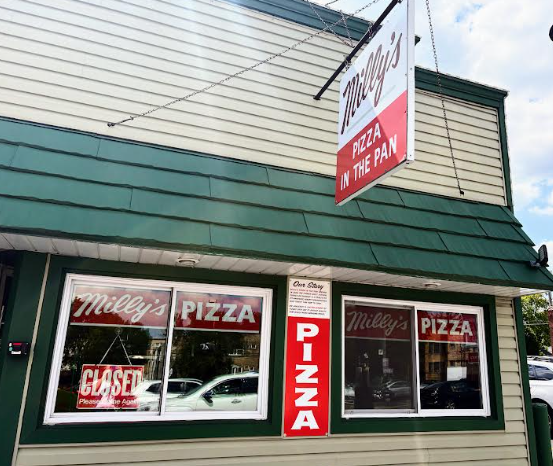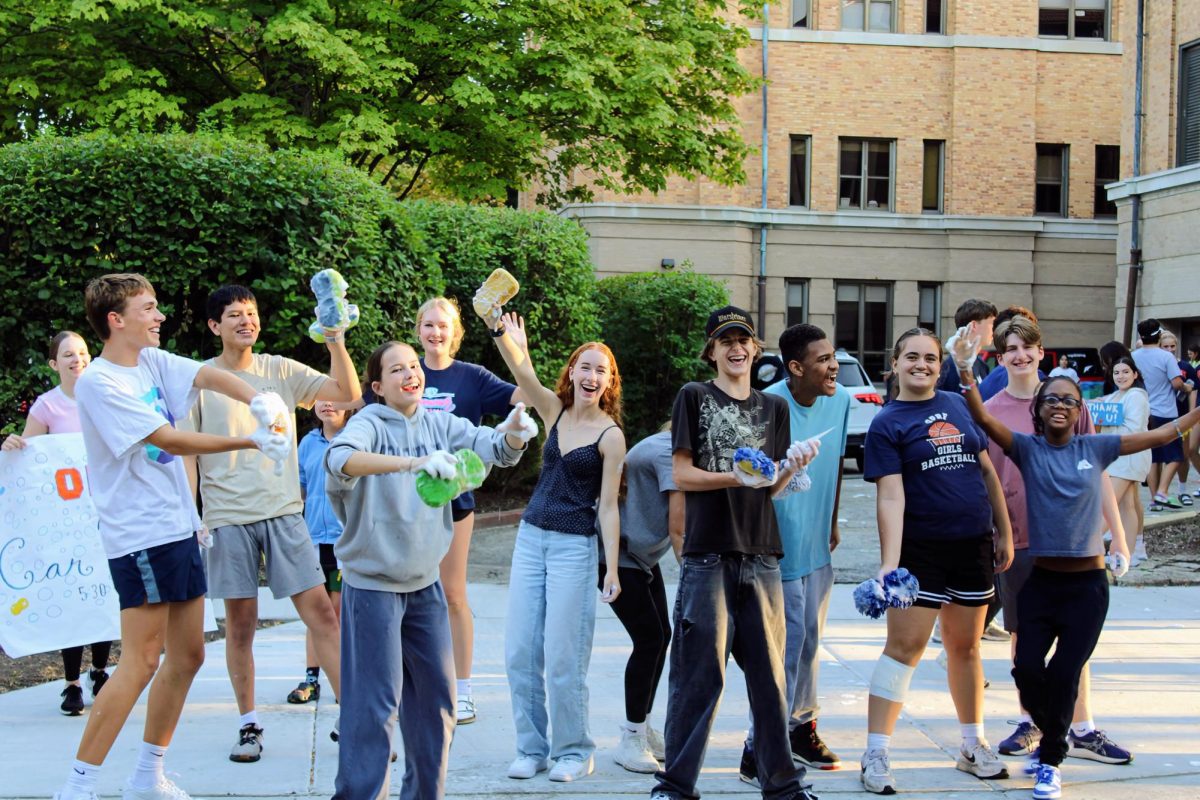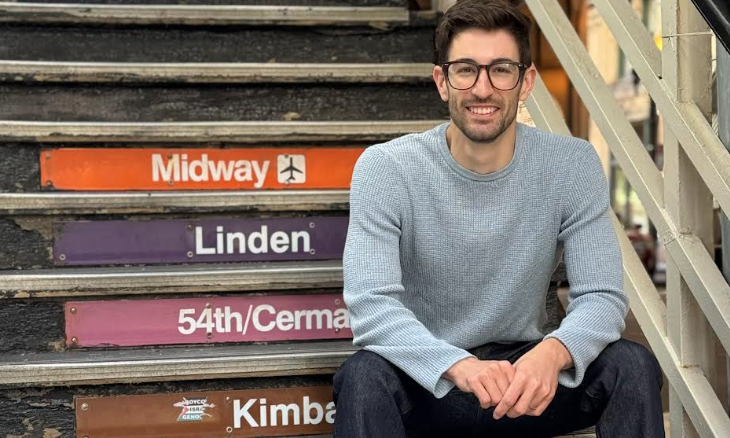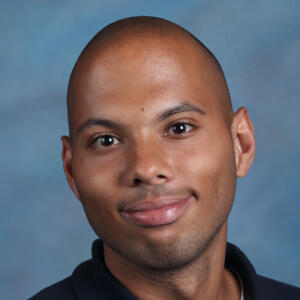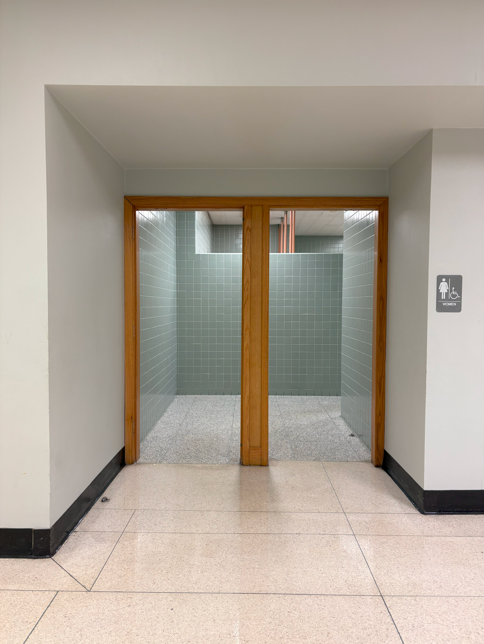At a time when fear and uncertainty ripple through Illinois’ immigrant communities, Oak Park and River Forest High School and its ASPIRA Club are choosing celebration over silence. In a political moment marked by heightened deportation activity and canceled public events across the state, OPRF is planning several events to mark Hispanic Heritage Month, which runs Sept. 15 to Oct. 15.
ASPIRA members have helped lead initiatives such as the annual Latinx Professionals Day on Oct. 14 and the Dia de los Muertos, or Day of the Dead, celebration at the end of the month. ASPIRA is also collaborating with the OPRF Office of Equity and Student Success on the Hispanic Heritage Dinner, which takes place Tuesday, Oct. 21, from 6:30 to 8 p.m. in the South Cafeteria. The keynote speaker for the event will be Teresa Fraga, a community organizer in education, health care and affordable housing who is known as a “founding mother” of Chicago’s Pilsen neighborhood.
ASPIRA, which means “to aspire” in Spanish, has also collaborated on cultural potlucks with other affinity groups like the Black Leaders Union (BLU), the Pan Asian Leadership Society (PALS) and the Middle Eastern/North African Alliance (MENA). For Spanish teacher and ASPIRA sponsor Kelly Diaz, those cross-club moments show what true cultural pride looks like: “a mix of joy, community and leadership that welcomes everyone.”
Founded nearly two decades ago, ASPIRA has evolved from a small cultural club into one of the school’s most visible student organizations. Diaz, who has led the club for 17 years,
describes it as both “a safe space to embrace Latinidad and a place where students gain leadership.” Latinidad is a term that refers to shared Latin American cultural experiences and traditions.
While the club previously belonged to a statewide network, it has since become fully independent, giving students more control over how they represent their culture and community.
This year’s celebrations at OPRF have been intentionally in-house, being mindful of both solidarity and safety given the growing presence of U.S. Immigration and Customs Enforcement agents across the Chicagoland area under President Donald Trump’s Operation Midway Blitz initiative. OPRF and the villages of Oak Park and River Forest issued statements in September pledging support for immigrant communities, and many public Hispanic Heritage Month events have been postponed or relocated. Oak Park’s village celebration was canceled only days into the start of Hispanic Heritage Month.
According to the Village of Oak Park’s web page, “Given the ongoing presence of federal immigration agents throughout the region, the Village’s annual ¡Viva! Festival will not take place as planned on Oct. 11 on the south lawn at Village Hall.”
Diaz said the club made a conscious decision to keep its festivities within the school, calling it a “protective but empowering” move that allows students to celebrate freely.
At a recent ASPIRA meeting, the energy in the room was anything but fearful. The space pulsed with laughter, music and ideas. “ I want to be a pillar of this community,” ASPIRA President, Sophia Chavez said. “ASPIRA has taught me not just to be proud of being Mexican but to appreciate everyone’s background and culture.”
Beyond the performances and food, ASPRIA’s mission runs deeper. Their goal is to remind the school community of the beauty, complexity and diversity within the Latino experience. OPRF’s Latinx student population has grown steadily, from 2.5% in 2006 to 16% today. And their presence is shaping the school’s cultural landscape.
“This club gives students a place to lead,” said Erik Renteria, who sponsors the club alongside Diaz. “They plan events, reach out to speakers, and run meetings. We just give them space to lead with pride.”
“ASPIRA is a safe space for students who might feel unseen anywhere else,” Chavez said.
Even as national headlines tell stories of fear, ASPIRA tells one of resilience. Its members dance, plan and celebrate not in defiance but in affirmation, proof that culture can thrive even in uncertain times. “We want people to see the Latino community as something beautiful,” Diaz said.

